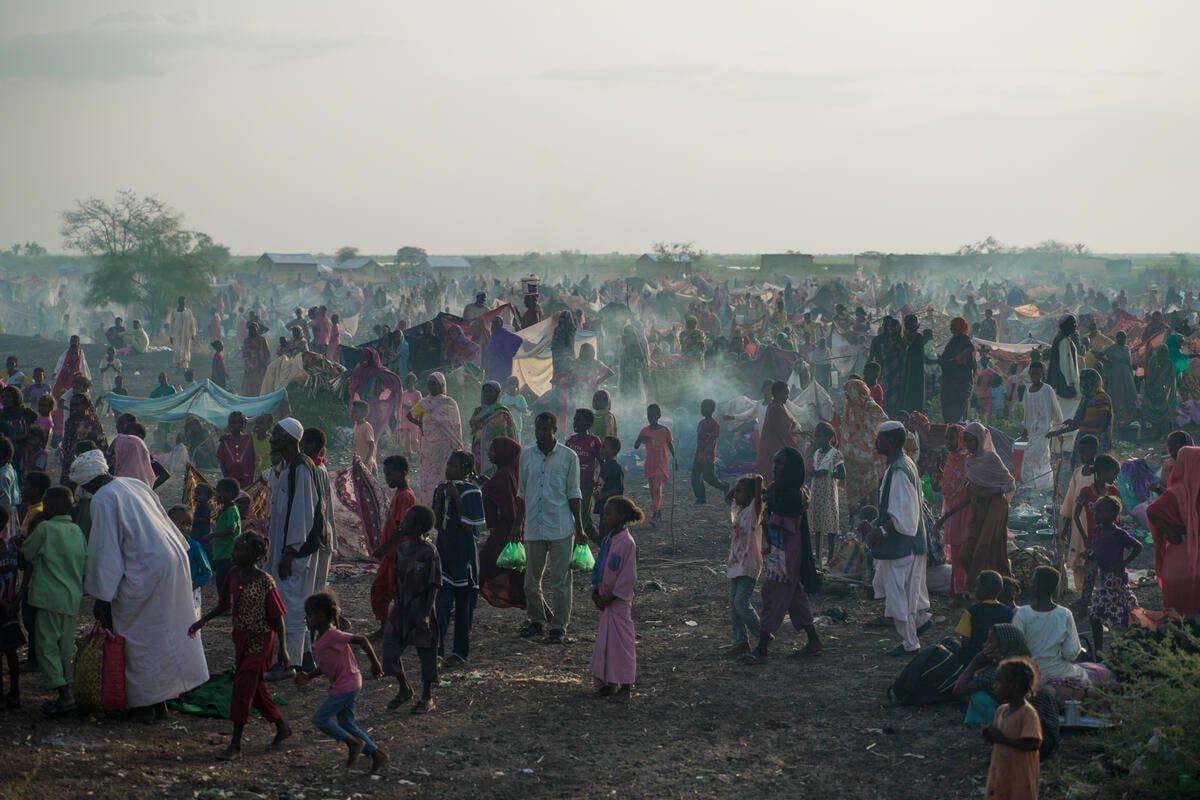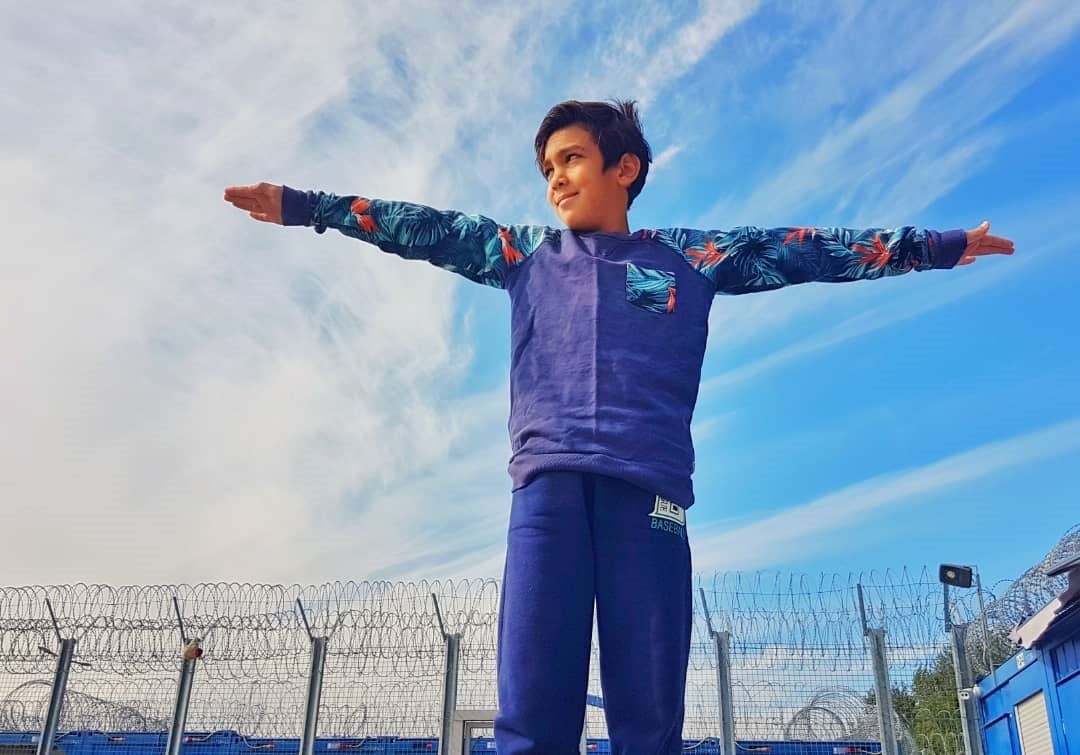Swedish MP taps on childhood experiences to help young refugees
Swedish MP taps on childhood experiences to help young refugees

STOCKHOLM, Sweden, January 12 (UNHCR) - As a Swedish parliamentarian, Hanif Bali is particularly interested in the welfare of unaccompanied refugee children in his adopted homeland.
It's an issue that the 23-year-old has first-hand experience of. Born in Iran in 1987, he and his parents later fled to neighbouring Iraq to escape political persecution.
When United States-led forces started bombing Iraq in 1990 to oust Iraqi troops from Kuwait, Bali's parents sent him to safety in Sweden with human smugglers. He arrived in Stockholm, exposed and alone.
Over the next few years, he stayed with 13 different foster families across the country. Most were Iranians, but he also has fond memories of the one Swedish family that he stayed with in pastoral Gråbo in southern Sweden. "It gave me the chance to experience what Swedish family life is like, and that meant so much to me," he recalled.
Although his childhood was unsettled, his experiences during his youth helped mould his views and political imperatives. He became determined, among other goals, to help people like himself who had been separated from their families and grew up overseas and alone.
There was not a lot he could do until he turned 18 and became a Swedish citizen. This gave him the right to vote, which he first exercised in 2006. But Bali wanted to do more and the bright bachelor decided to run in last year's general election as a candidate for the centre-right Moderate Party, whose youth wing he had joined as a 16-year-old.
He's lost no time in pushing for a better deal for unaccompanied refugee children - 1,250 were granted asylum in Sweden last year, mostly from Afghanistan and Somalia - and for a more caring attitude. "We have to stop taking care of these children on an industrial basis. Putting them in institutional homes is not the way to integrate them into society," he stressed.
"The best thing we can offer the children is placement in a family, where they can build strong social ties. We also have to realise that taking care of a refugee child could be a full-time task, and the financial compensation has to reflect that," he told UNHCR.
When party colleagues in southern Sweden's Vellinge municipality refused in late 2009 to receive refugee children, Hanif's critique was merciless. "I don't believe in agreements forcing municipalities to receive refugees, but the situation for unaccompanied refugee children is acute and we need more municipalities to take responsibility," he said.
Integration is also a matter close to his heart and he has been trying to counter some public misperceptions about refugees. "Can't we just disregard whether people eat fish fingers or falafel at home?," he asked in a recent article in the Aftonbladet daily newspaper.
Bali said it was important that integration efforts are carried out responsibly. "I think municipalities who mismanage integration should be sanctioned," he said to UNHCR.
The new MP for Stockholm's Solna constituency believes that integration has mistakenly been treated as a separate policy area in Sweden. He said integration failed in municipalities where policies in key areas such as education and employment were weak.
"A good option is to use the same model for natives and immigrants, like in Solna," he said, adding that "functioning integration policies are possible, but politicians need to understand what works."
Bali said he hoped to see the day when refugees wanted to come to Sweden not only to escape persecution and conflict, but also because they know they will be able to build a future for themselves there.
He's built a bright outlook for himself and he's now trying to help others attain their goals. But he's not forgotten the lands he never really knew - Iran and Iraq, where his parents continue to live.
By Kristin Lohse in Stockholm, Sweden








